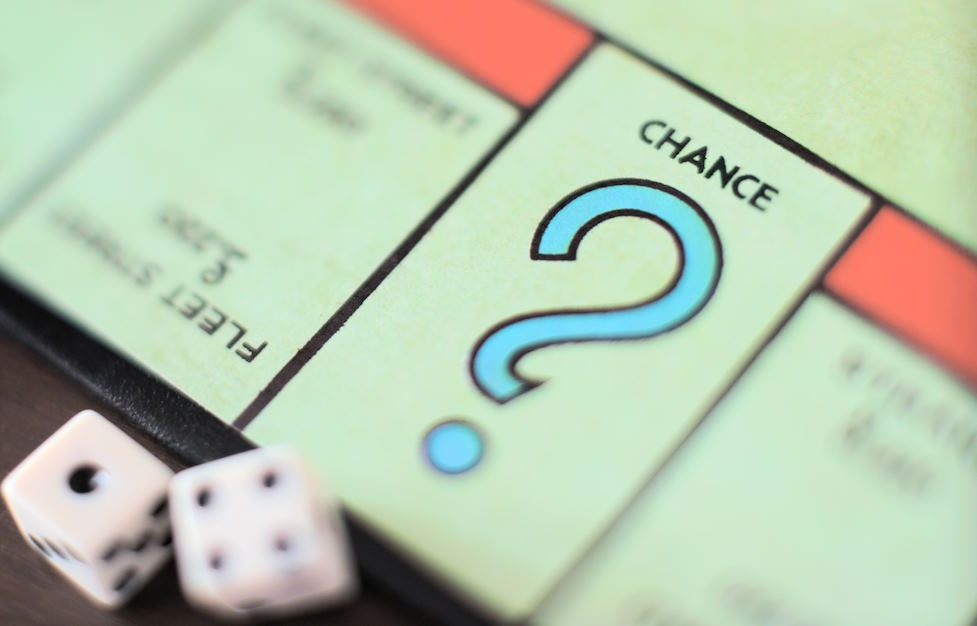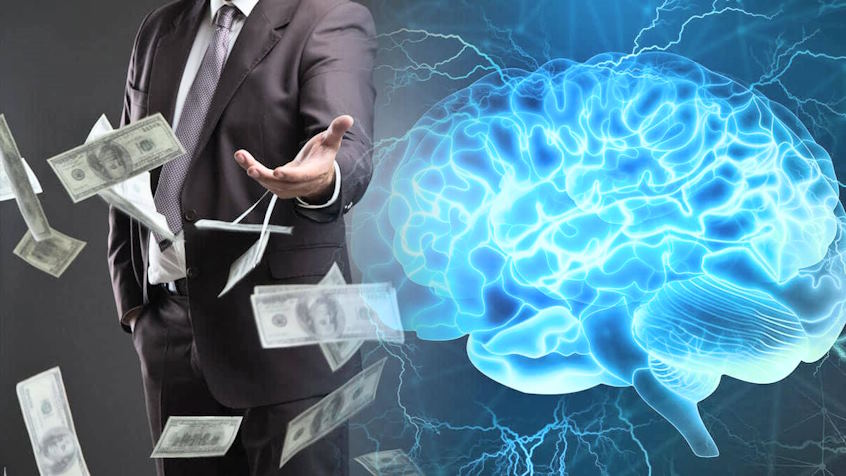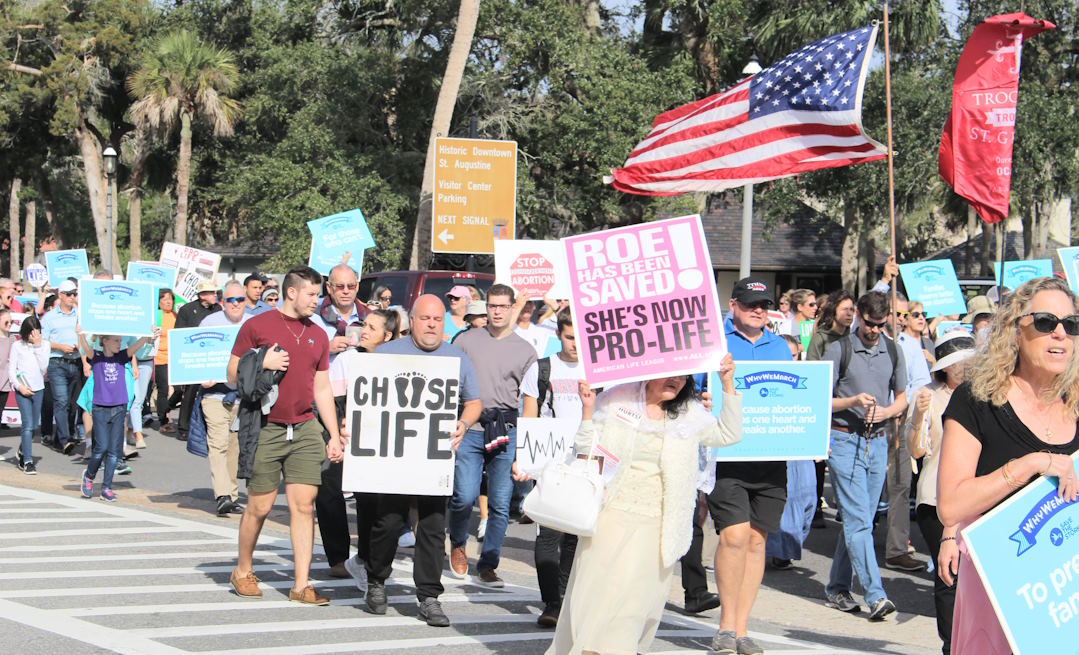The world of gambling is a realm where chance and psychology intertwine, and cognitive biases play a significant role in shaping the decisions of gamblers. This article delves into the intriguing concept of cognitive biases and their impact on gambling behavior, with a focus on a specific bias known as the Gambler’s Fallacy. By exploring the role of cognitive biases, discussing strategies to overcome them for responsible gambling, and examining their implications for gambling addiction, we embark on a journey to unravel the complex interplay between human psychology and the allure of gambling.
The Role of Cognitive Biases in Shaping Gambling Behavior
Cognitive biases are inherent shortcuts in human thinking that can lead to systematic patterns of irrationality. This section explores how these biases impact gambling decisions, shaping the way individuals perceive probabilities, outcomes, and risks. By understanding the influence of cognitive biases on decision-making, we gain insight into why gamblers may fall victim to certain thought patterns that can lead to suboptimal choices.

Overcoming Cognitive Biases for Responsible Gambling
Recognizing and addressing cognitive biases is a crucial step toward responsible gambling. This segment outlines practical strategies to mitigate the impact of cognitive biases and make informed decisions. From mindfulness techniques to seeking external perspectives, we delve into methods that empower individuals to navigate the cognitive pitfalls that can distort rational judgment.
Cognitive Biases and Their Implications for Gambling Addiction
Cognitive biases can be particularly insidious in the context of gambling addiction, exacerbating the cycle of problematic behavior. This portion sheds light on how cognitive biases contribute to the development and maintenance of gambling addiction. By examining the interplay between cognitive biases and the reinforcement mechanisms of gambling, we gain insight into the mechanisms that can trap individuals in a cycle of compulsive gambling.

The study of cognitive biases in gambling unveils a complex web of psychological intricacies that impact decision-making. The Gambler’s Fallacy serves as a prime example, illustrating how cognitive biases can lead individuals to make irrational choices based on faulty reasoning. By understanding and addressing cognitive biases, we pave the way for responsible gambling practices that prioritize informed decision-making and self-awareness.







